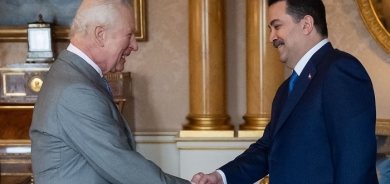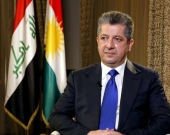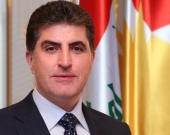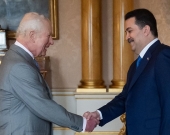Tensions Rise as Baghdad Demands Contract Disclosures from Kurdistan’s Oil Companies

In a move that could jeopardize crucial talks aimed at resuming Kurdish oil exports, the Iraqi government has mandated that international oil companies (IOCs) operating in the Kurdistan Region must disclose their contracts with Erbil. This precondition has cast uncertainty over Sunday's anticipated meeting in Baghdad.
A senior official from one of the oil companies, speaking to Rudaw under anonymity, criticized the Iraqi Ministry of Oil's (MOO) demand, highlighting the legal complexities involved. "It is illogical because the MOO filed cases against the very same contracts they are now requesting," the official said. "There is legal jeopardy for us to share our contracts with existing court rulings against them in Baghdad."
The official stressed the need for legal guarantees or the withdrawal of the existing cases before sharing the contracts. "They have constructed a legal jeopardy for all the IOCs," the source added.
Background and Ongoing Disputes
The Sunday meeting, involving Iraqi and Kurdish government representatives and oil producers, aims to address obstacles preventing the resumption of Kurdish oil exports halted since March last year. The halt followed a ruling by a Paris-based arbitration court in favor of Baghdad, asserting that Ankara had breached a 1973 pipeline agreement by facilitating independent oil exports from Erbil starting in 2014.
Despite multiple negotiations between Erbil, Baghdad, and Ankara, oil exports have not resumed. The Iraqi Oil Ministry has attributed the deadlock to the IOCs, blaming them for the lack of progress in reaching an agreement.
Kamal Mohammed, acting minister of the Kurdistan Regional Government’s (KRG) natural resources ministry, confirmed that his ministry and the IOCs would meet with the federal oil ministry on Sunday. "Delegations from the natural resources ministry and the oil companies will visit Baghdad. We expect the Region’s oil exports to be resumed soon," he stated.
Financial Disputes and Operational Costs
The federal oil ministry's recent invitation to the KRG and the IOCs aims to expedite discussions on resuming oil production and exports through Turkey's Ceyhan port. However, financial disagreements have further complicated the situation. In March, the ministry highlighted a significant discrepancy in production costs, stating that while the federal budget averages $6.90 per barrel, the IOCs in the Kurdistan Region demand three times that amount and repayment of substantial debts.
The oil companies claim that the KRG owes them over $1 billion for the period from September 2022 to March 2023. Much of this debt stems from early contracts involving prepayment schemes.
Kamal Mohammed emphasized the significant investments made by oil companies in the Kurdistan Region's oil fields, urging Baghdad to consider these investments. He noted the differing management approaches between Iraq and the Kurdistan Region, with Iraq's sector being state-run while Kurdistan's is privately managed.
Outlook and Future Prospects
The upcoming meeting in Baghdad holds significant potential for resolving these issues and restarting Kurdish oil exports. However, the Iraqi government's contract disclosure demand has introduced new uncertainties, with IOCs caught between legal risks and the necessity of cooperation for future operations.
Efforts to reach Myles Caggins, spokesperson for the Association of the Petroleum Industry of Kurdistan (APIKUR), for further comments were unsuccessful at the time of reporting.












